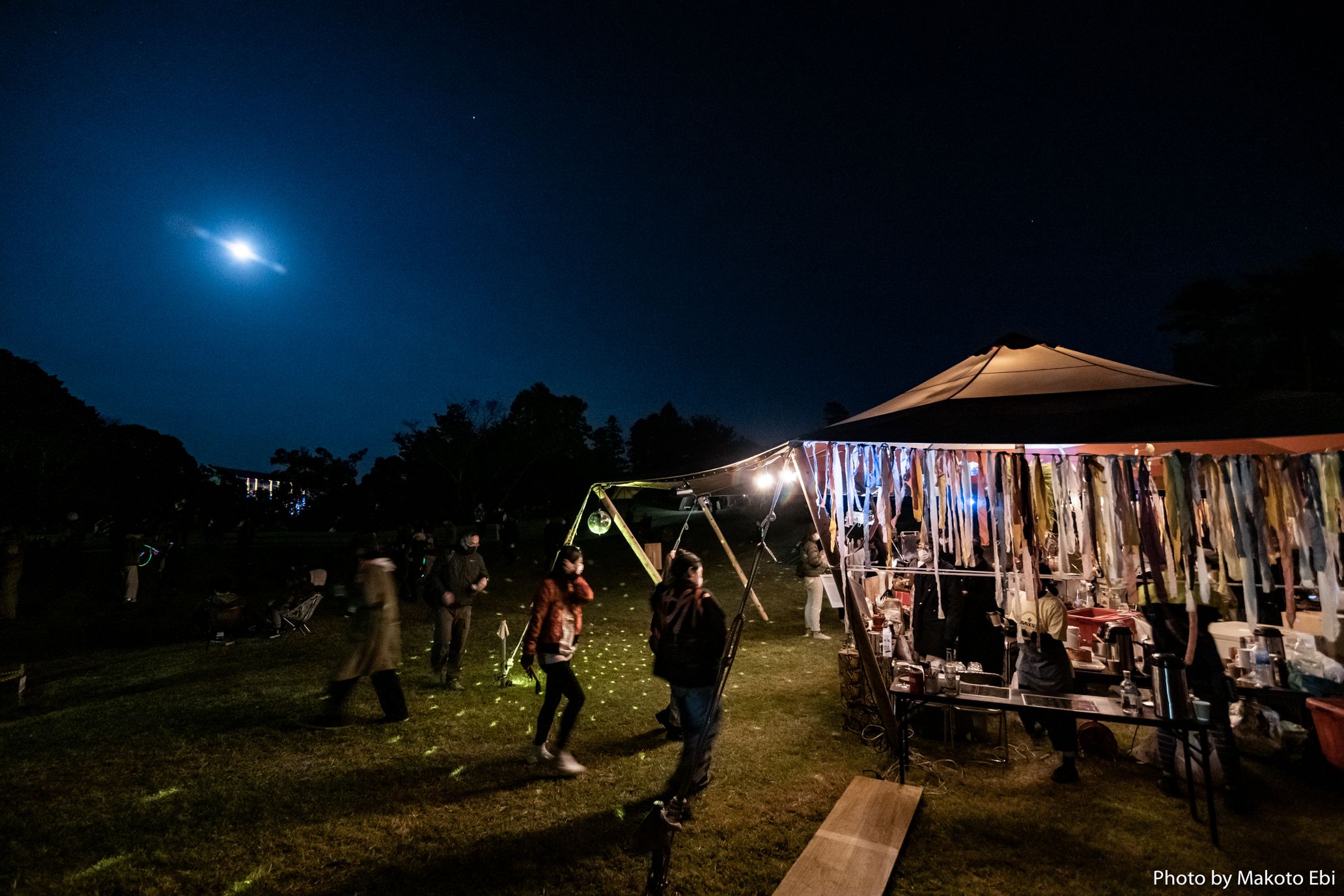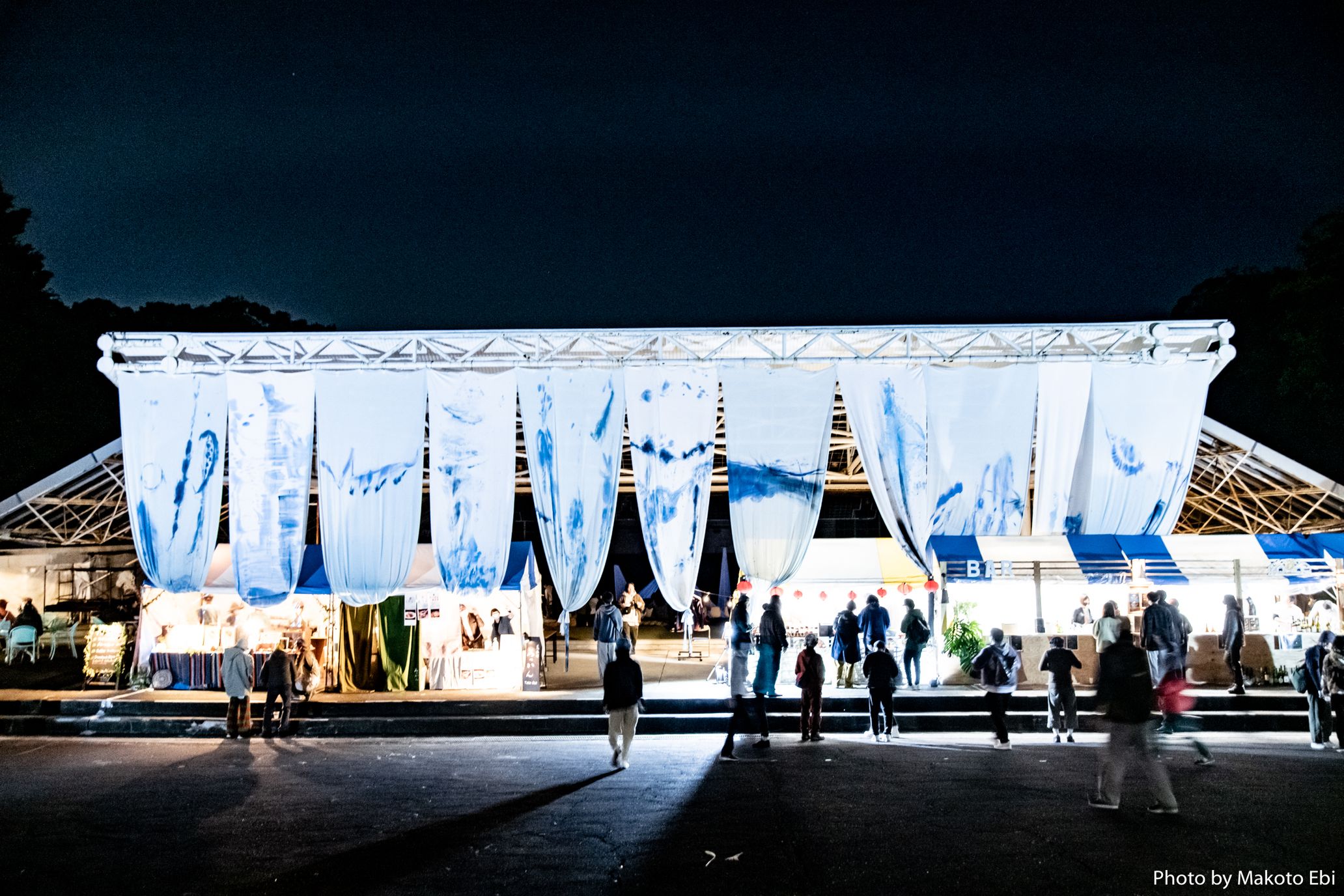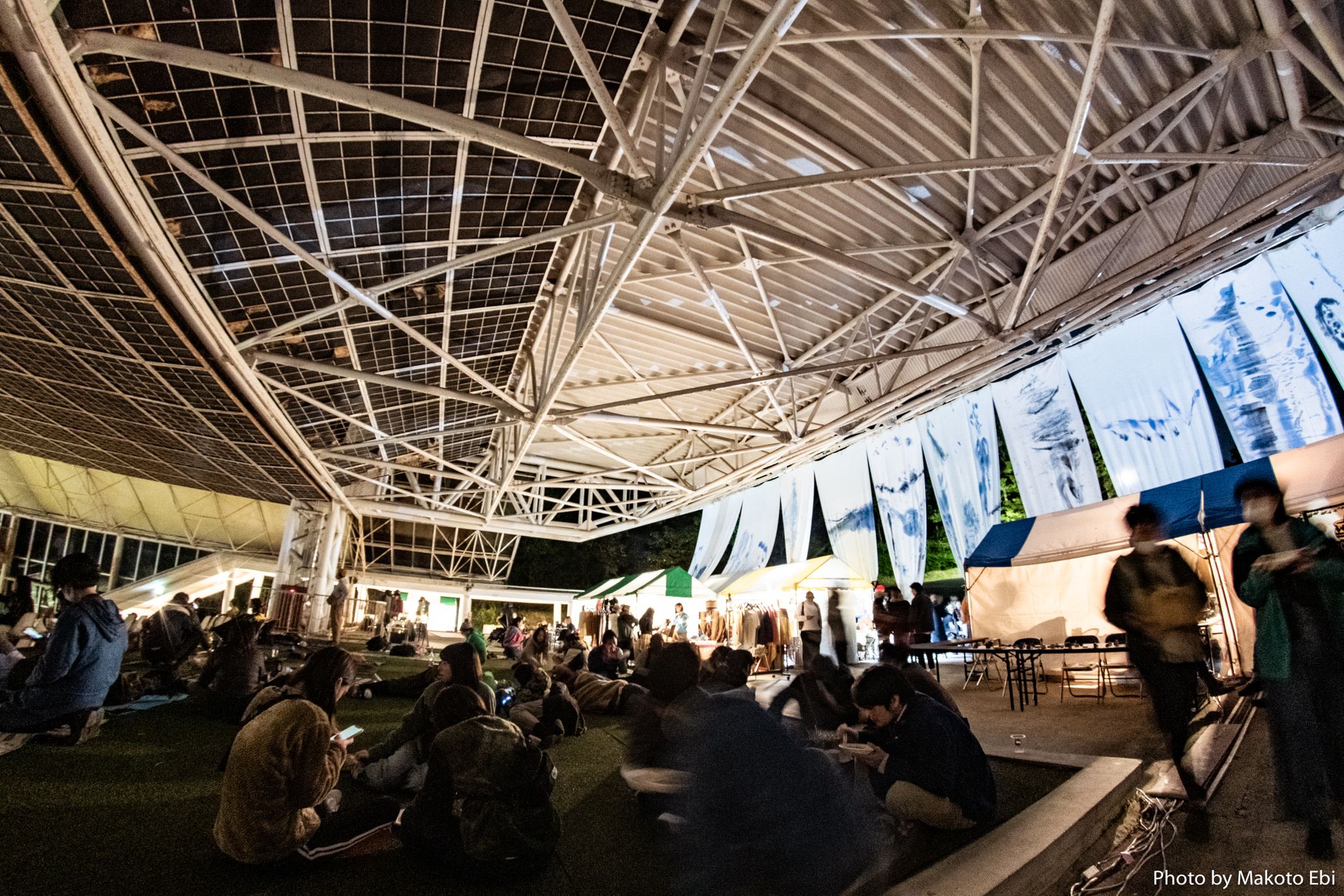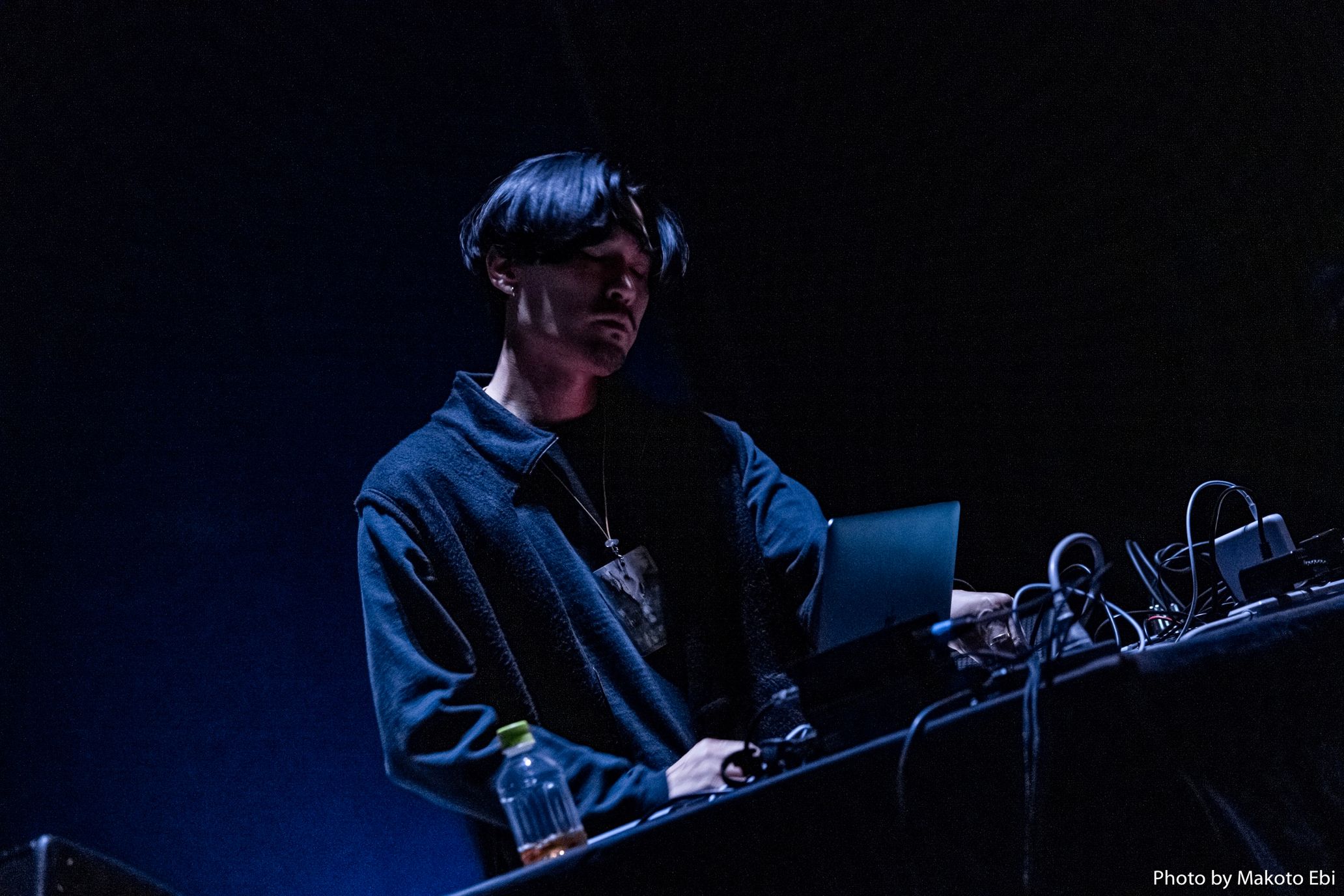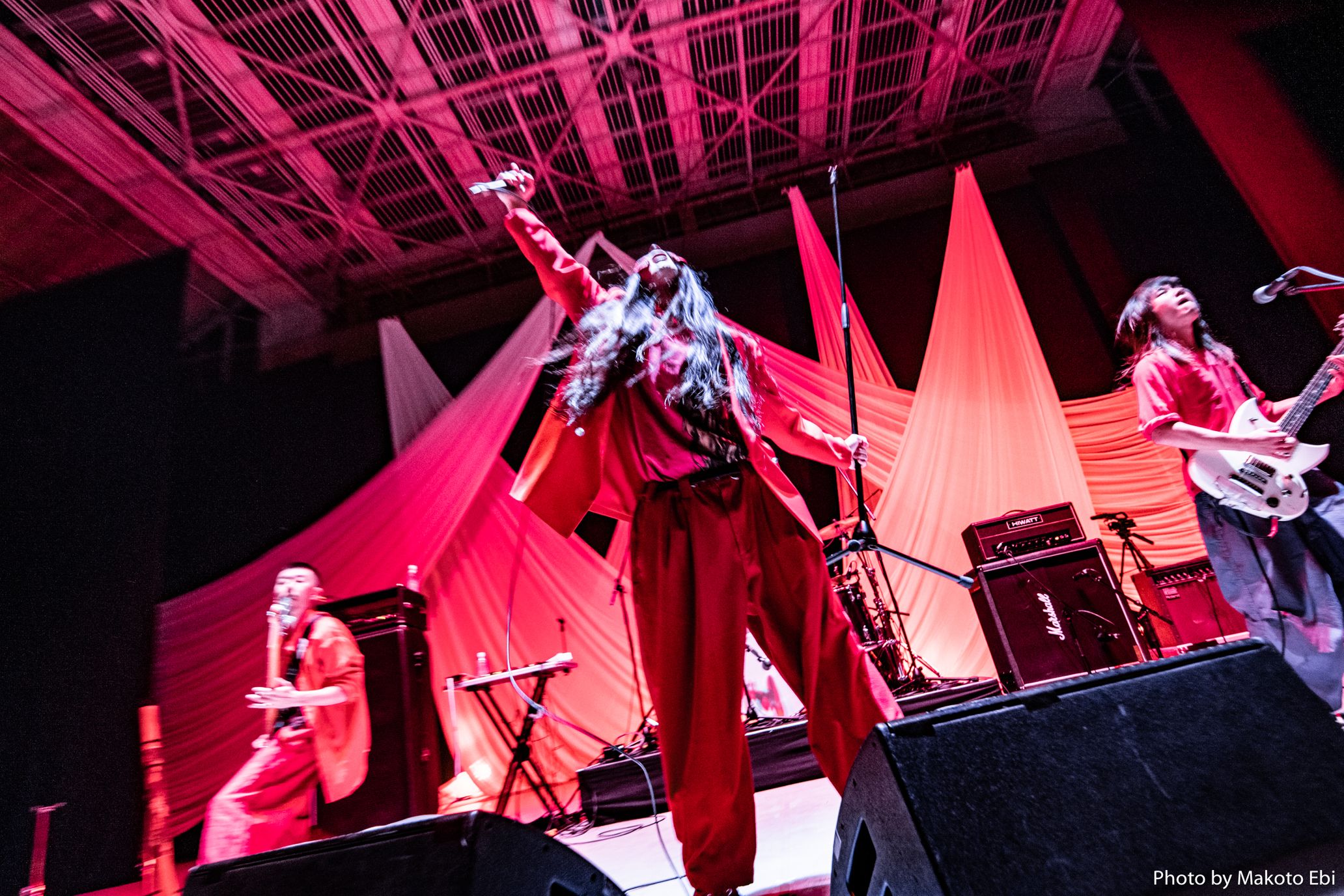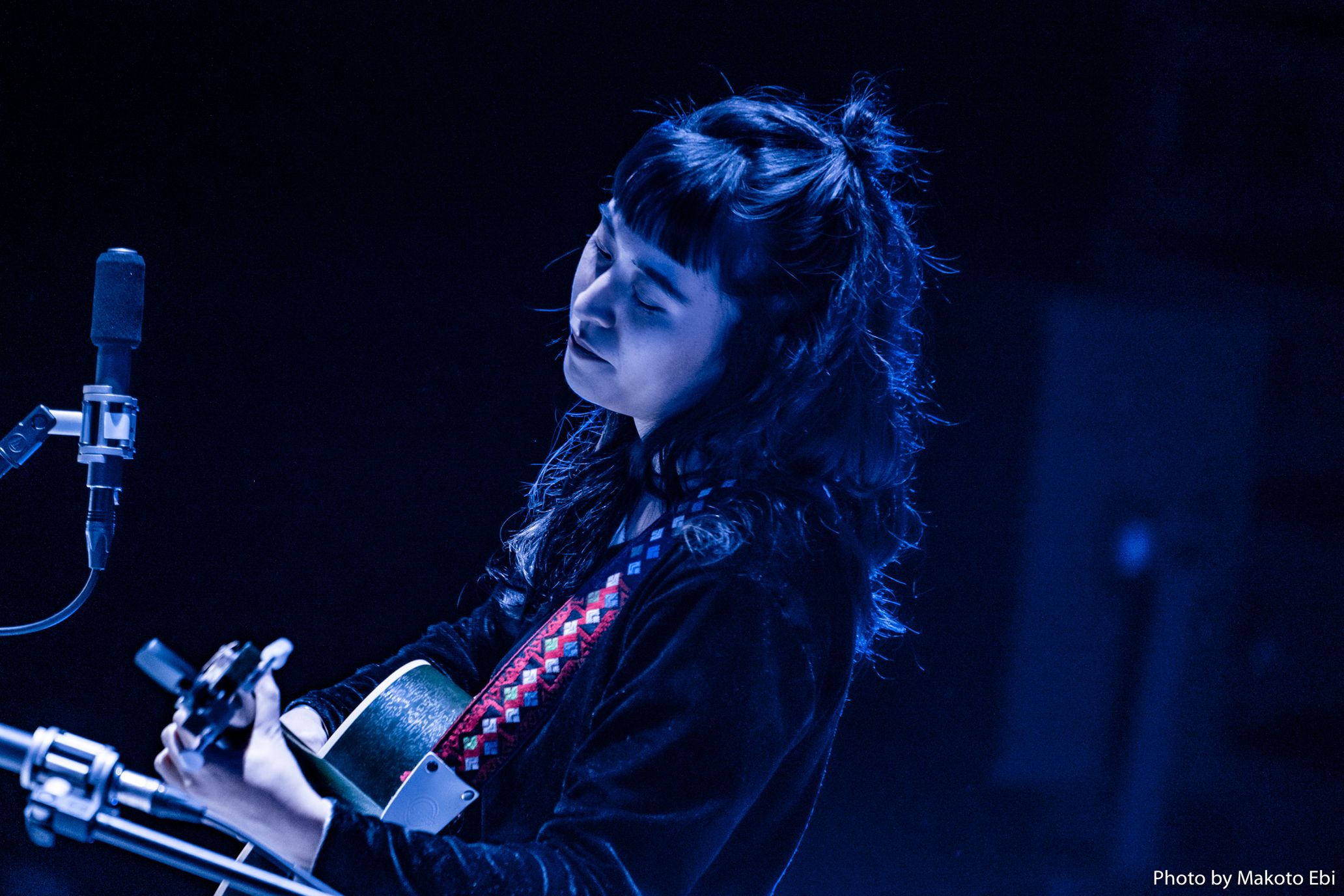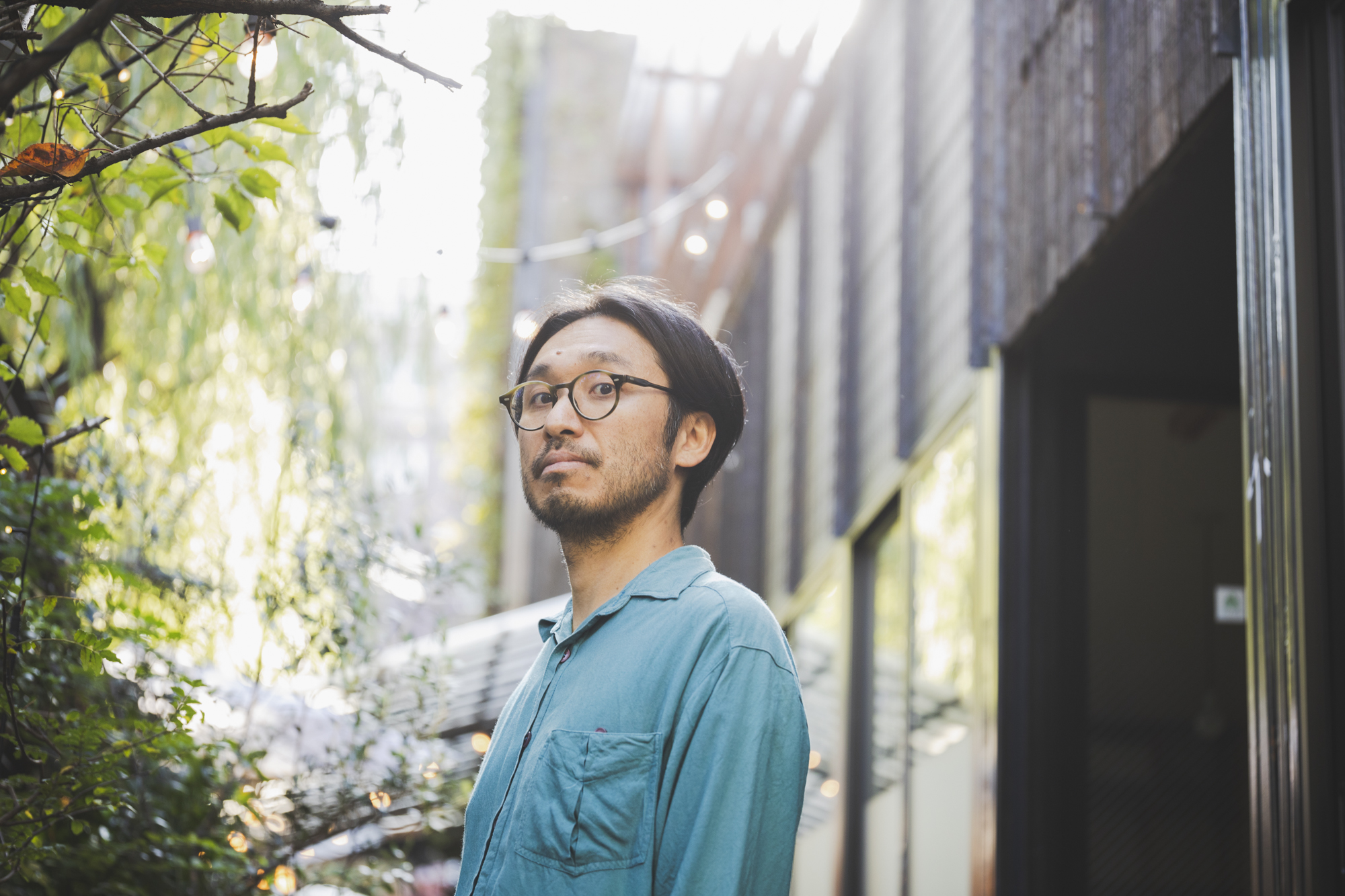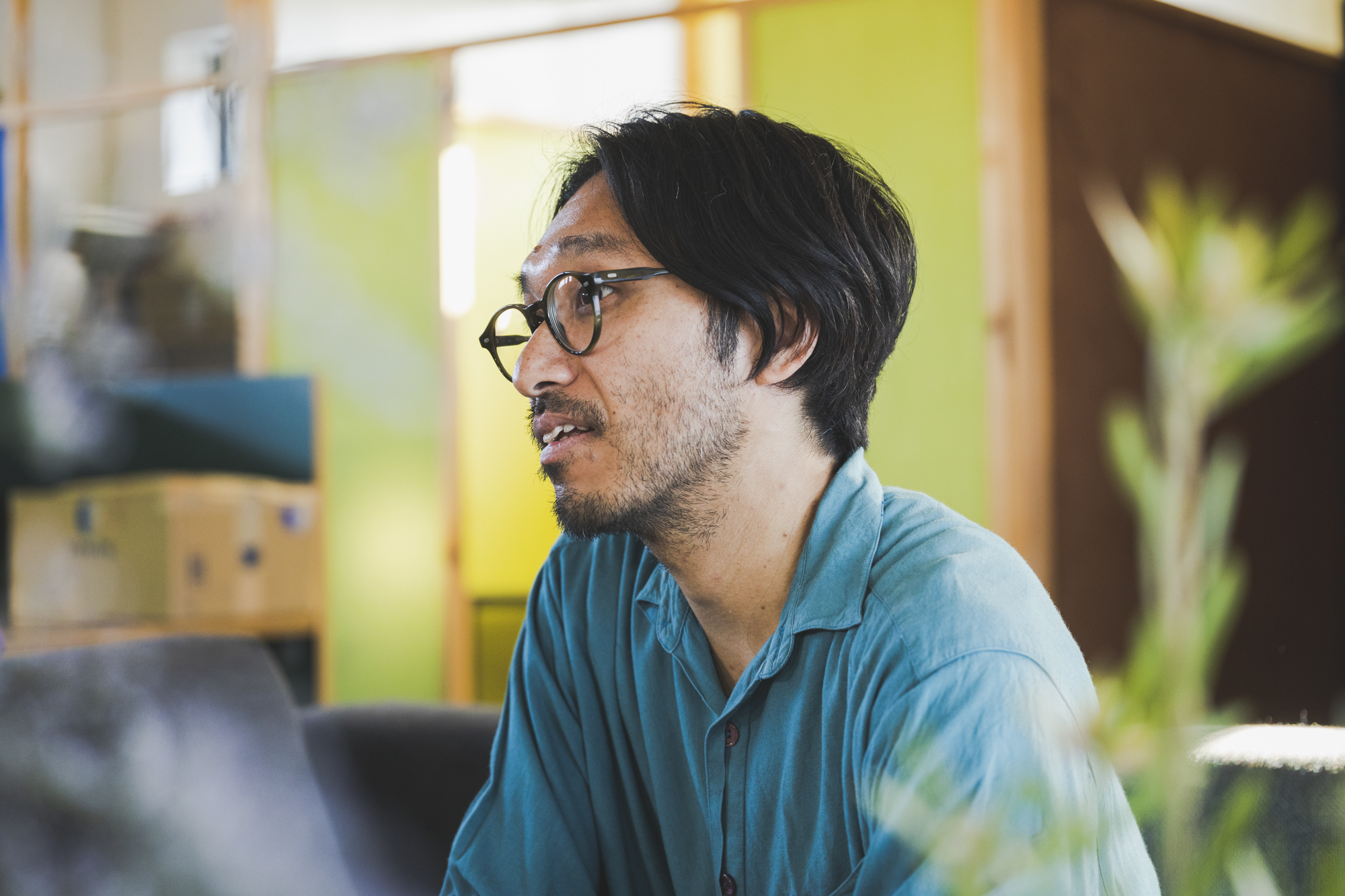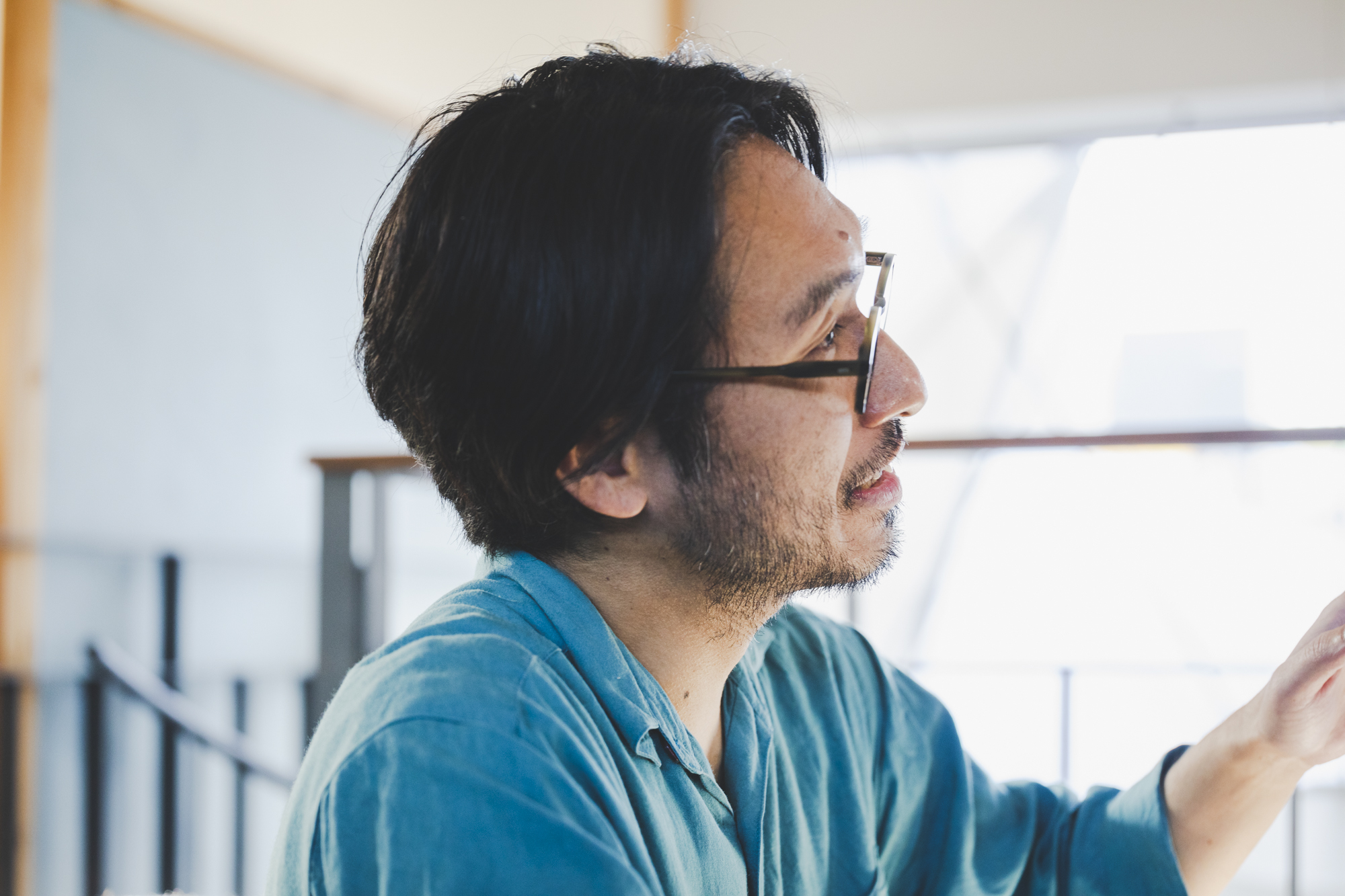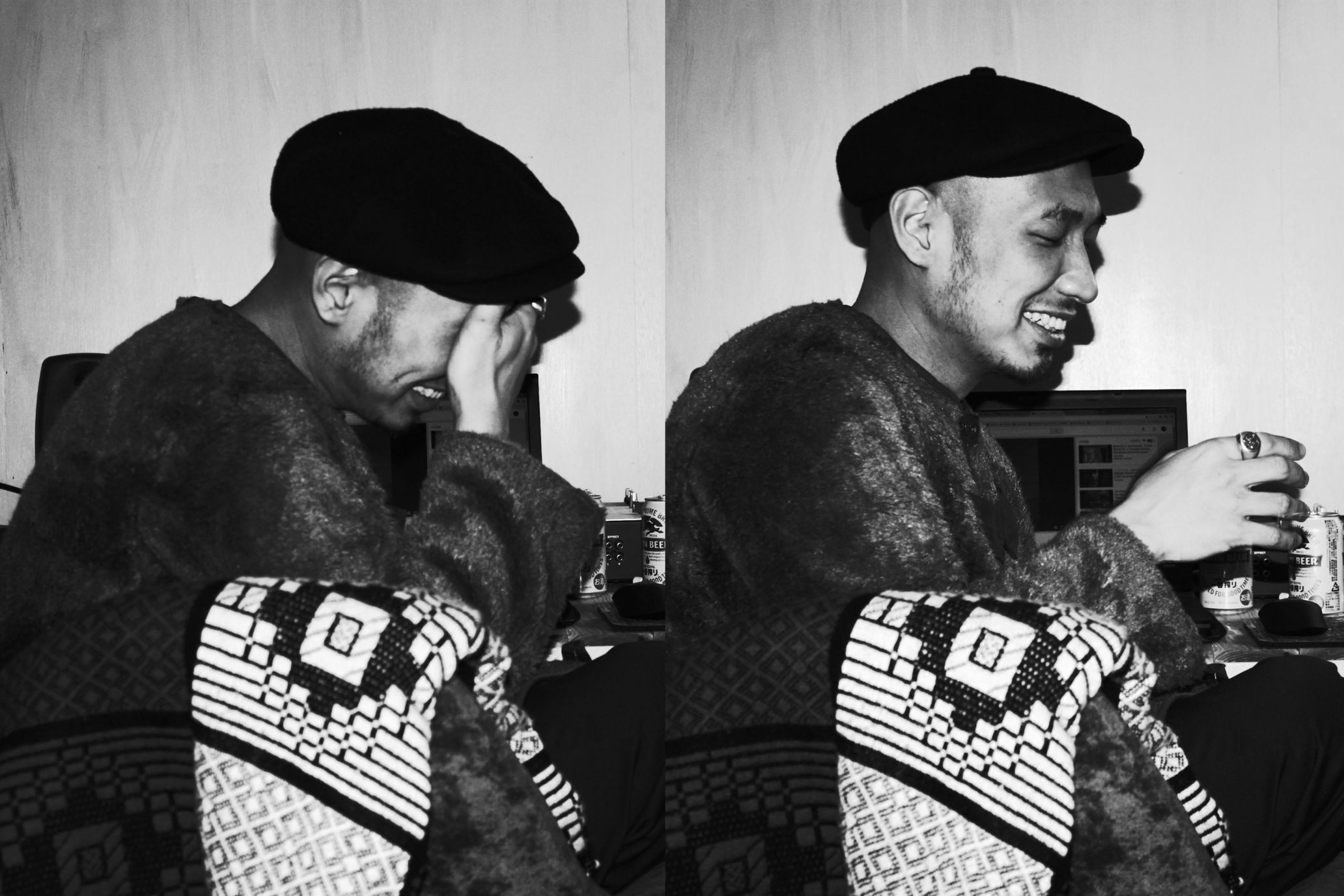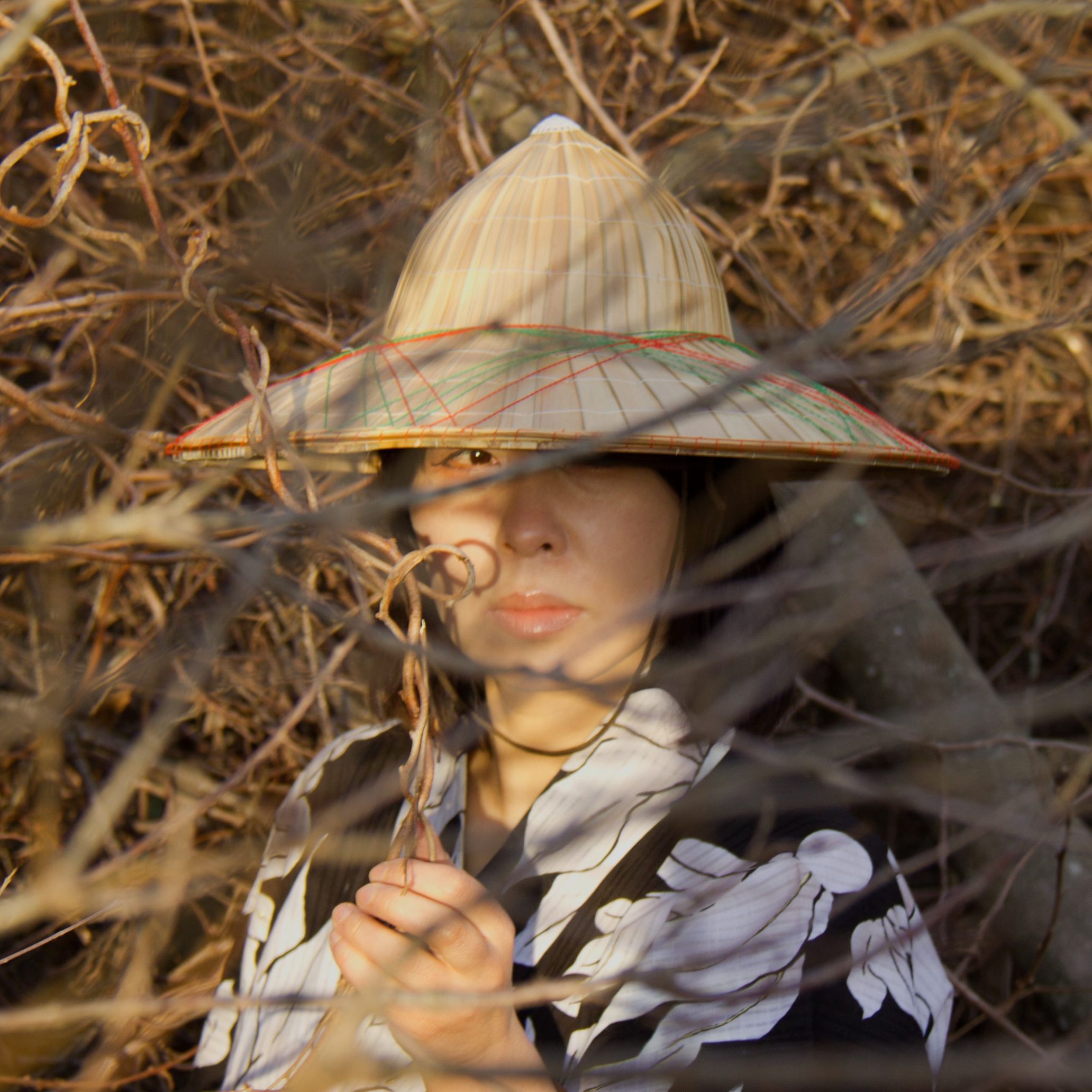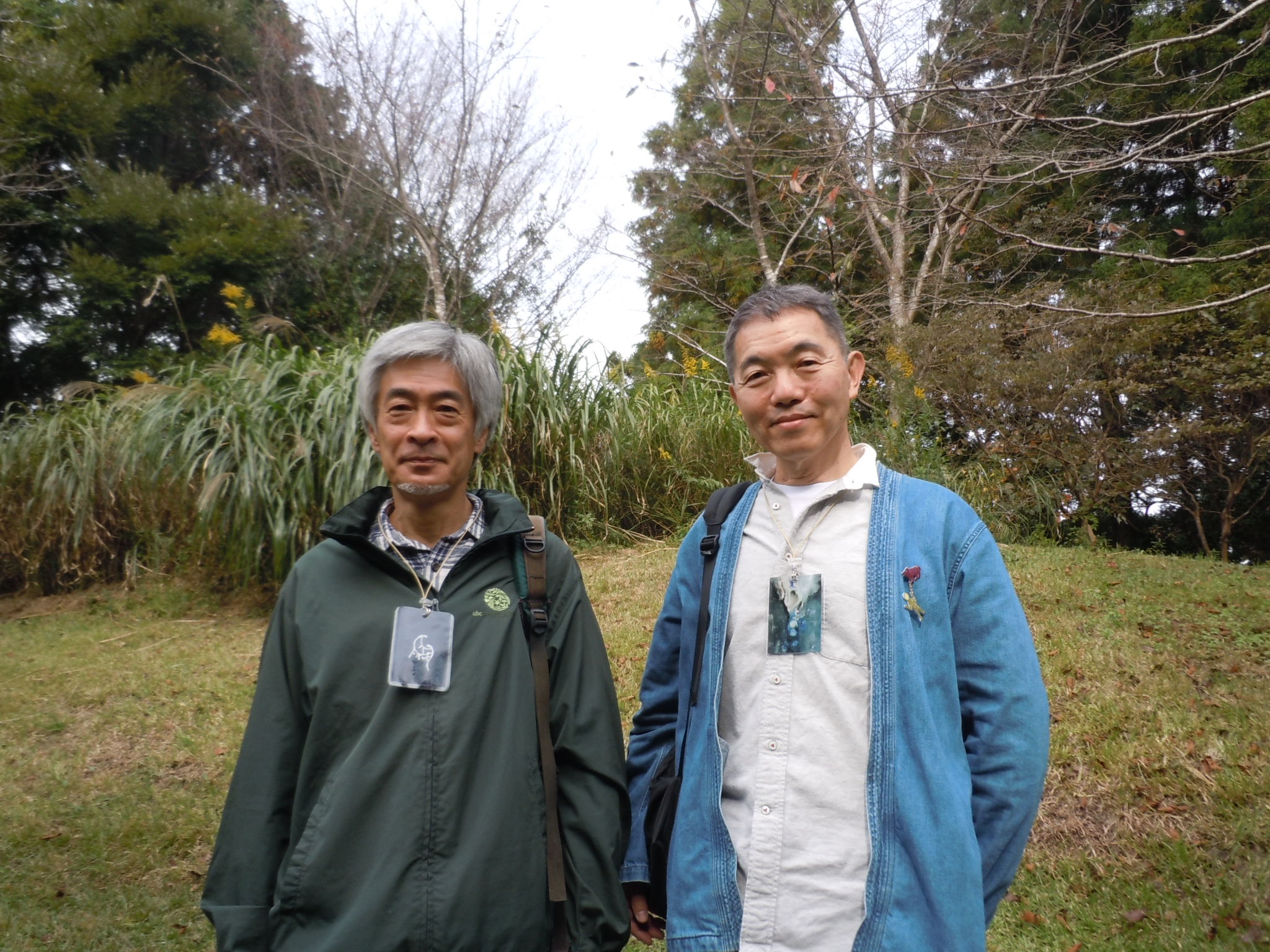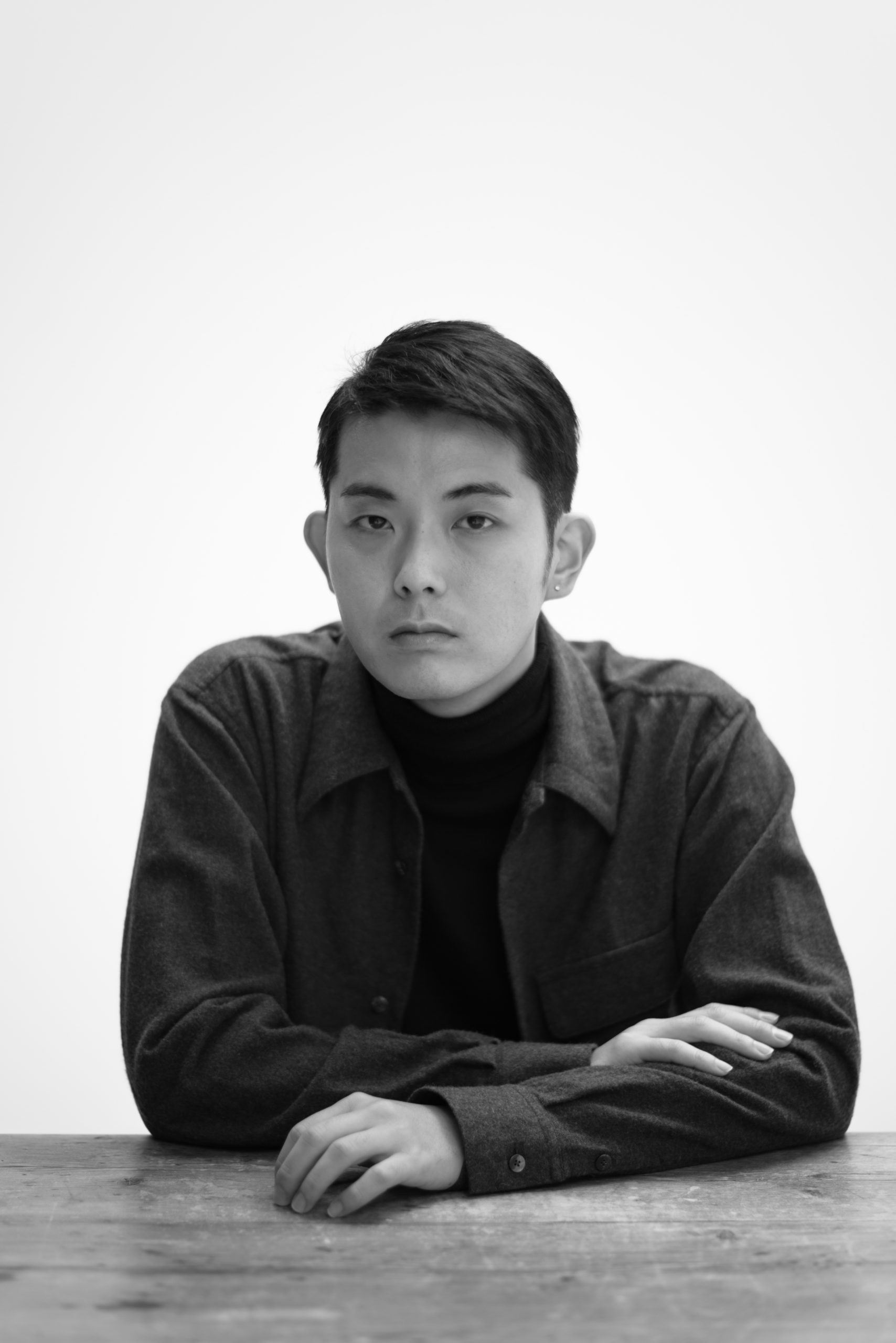It goes without saying that 2020 has been a challenging year for music, as it has been for every industry. Across the board, large-scale music festivals have been cancelled and postponed, with even small and medium-sized events forced to limit the number of attendees.
In the midst of all this, the music festival FESTIVAL de FRUE took place in Shizuoka prefecture’s Kakegawa at Tsumagoi Resort Sai no Sato on October 31st and November 1st.
Originally established as a club event in 2012, FRUE’s concept is to create a “soul-stirring musical experience.” In 2017, it became the festival known as FESTIVAL de FRUE. The event focuses on overseas artists from a wide variety of genres such as jazz, rock, electronic music, and ethnic music, inviting performers such as Brazilian music maestro Tom Zé and The Master Musicians of Joujouka, a Sufi music group from a village in the Southern Rif Mountains of Morocco. With a unique lineup that can’t be found elsewhere, FESTIVAL de FRUE has attracted hardcore music fans.
As would be expected with an event held during the coronavirus pandemic, FRUE was unable to invite overseas artists, and Brazilian musician Fabiano Do Nascimento’s arrival in Japan was cancelled a day before he was scheduled to perform. Still, FRUE didn’t lose its unique charm, featuring a number of prominent Japanese artists who have distinguished themselves from trends with creations that stay true to their own styles. In place of Fabiano, Eiko Ishibashi and Tatsuhisa Yamamoto were suddenly scheduled to play, and they delivered stunning performances.
While the venue had a capacity of about 6,000 people, there were only about 1,300 attendees on both days, so it was impressively easy to maintain a distance from other guests. The weather was comfortable even with masks on, making the fundamental factors of time of year and choice of venue a success.
One month went by without any coronavirus infections from the event. TOKION spoke to the organizers of FRUE, Shogo Yamaguchi and Daijiro Yoshii, about their thoughts on holding an event during the coronavirus pandemic.
――When did you decide to hold FESTIVAL de FRUE?
Shogo Yamaguchi (Yamaguchi): Hm, when was it? Of course, we were keeping an eye on the situation, but we’d planned to put on the event from the beginning. Cancelling because of the coronavirus wasn’t an option, and figuring out a way is what FRUE stands for.
Daijiro Yoshii (Yoshii): Also, since it’s just the two of us without any sponsors, if we decide to put on the event, we can make it happen as long as we can find staff. The hotel that owns the venue [Tsumagoi Resort Sai no Sato, a resort with hotel and leisure facilities] was also understanding of the event, which helped. With the coronavirus, you can’t rent public facilities.
Yamaguchi: You can’t hold a festival unless you’re independent, but obviously, you can’t if you’re too independent either. We started getting things in motion for real after the second wave of the coronavirus, so we only had a month and a half to prepare. But one reason that we were able to put on the festival is that we had a system in place to some extent, since it’s our fourth year of doing this. Also, we were lucky that the number of cases had also just slowed down.
――But ultimately, getting overseas artist became difficult.
Yamaguchi: We started thinking we wouldn’t be able to invite people from overseas from around the end of September to October. We had announced that The Master Musicians of Joujouka and The Orb would perform back in January, but we decided around summer that they wouldn’t be able to come to Japan. Still, we just couldn’t give up on foreign artists, and there was the difficulty of deciding when to make the call on whether we’d mainly have domestic acts.
――So you started booking domestic artists once it was close to the event date?
Yamaguchi: We had invited GEZAN, Yuta Orisaka, Meitei, and POWDER around March. But they got back to us on being able to perform from around summer to fall. I think each artist had things they had to consider.
――Fabiano Do Nascimento was scheduled to perform on November 1st, but that was cancelled. In his place, it was suddenly decided that Eiko Ishibashi and Tatsuhisa Yamamoto would perform. What’s the story behind that?
Yoshii: We’d been talking to Fabiano up until October 30th, but he just couldn’t make it in time for his flight because of incomplete documents and the lack of progress in making an appointment for a visa application interview.
Yamaguchi: So in the midst of all this, one of our core staff members was working at a club in Shimokitazawa called SPREAD, where Ishibashi and Yamamoto had just performed 10 days before FESTIVAL de FRUE. So through that connection, I invited them via email at around two in the morning on October 30th.
Yoshii: From there, we got their artist photos, asked them what gear they needed, talked to the production team and got back to them both on what we could have ready. That communication took place on the 31st. We were working on bookings during the event. Those two are both jazz musicians, so they’re great at improvising.
Yamaguchi: It’s not just an act. I thought that was great. Normally, you’d turn down a sudden offer. We’d reached out to Yamamoto a couple times before, so maybe he already knew what kind of festival it was.
――Was there anything particularly memorable to you about this FESTIVAL de FRUE?
Yamaguchi: ALKDO was the first live act, and when the first few notes rang out, I was moved. We’d finally managed to make the event happen, and I realized how much I’d been wanting music. Also, the night of the first day, POWDER was dancing while playing at the end, and watching him was really touching. It was like he was overflowing with happiness at the fact that he could play in front of people.
Also, on the day of the performances, I couldn’t really see the attendees because their faces were hidden behind masks. But there were pictures of them smiling uploaded to Instagram, and that made me happy.
The relationship between event organizers and attendees during the coronavirus pandemic
――On FRUE’s official site and social media accounts, there were some unique requests, like asking that people quarantine for a week before and after FESTIVAL de FRUE. On the day of the event, what kind of safety measures did you take?
Yoshii: To some extent, there’s a prepared format, so we put up a sign with basic information like wearing a mask or keeping a distance from others, and recorded an announcement with the same information that we played after performances. We also put up plastic barriers here and there around the stages. I think if you invest enough money, you can take coronavirus prevention measures.
Yamaguchi: There was another festival before FESTIVAL de FRUE that came under fire online, but since many of our attendees knew about that, they were really conscious of everything, which was really helpful for us as organizers. Of course, while it’s important to have coronavirus prevention measures in place, there’s a limit to how strictly you can regulate. It’s important to us that attendees have freedom, so we wondered how to convey to them that they should use their discretion and act accordingly. We thought it would be difficult communicate that by just copy and pasting a format, so we decided to call for that specifically.
But when GEZAN’s performance reached its peak, I was out on the floor thinking, “Will there be a mosh pit? What should I do?” (laughs) But in the end, that didn’t happen, and it was awesome to see each person having fun out on the floor as individuals. That gave me a feeling of gratitude, like, “Thank you everyone!”
――I see. There have been a lot of events before with the idea that everyone builds the event together, but when I went to this FESTIVAL de FRUE, I actually felt that really strongly. I think it’s becoming more important for not only organizers, but also guests to be more conscious of their actions and co-create the event.
Yamaguchi: That’s true. I think there was a feeling that it was up to us to protect our own playground. There was hardly any garbage, which was helpful as an organizer.
――When you were prepping for the event, did any unexpected problems pop up?
Yamaguchi: Even among the staff, there were totally different perceptions of the coronavirus, so we had a hard time dealing with that discrepancy. I have a job other than FRUE, so even before and after the state of emergency when things were tense, I was commuting on the train 2 to 3 days a week, and we did a FRUE live stream in April and June, so I wasn’t afraid of going out or meeting up with people.
On the other hand, some of our outsourced staff on sound, lighting, and stage direction had all their gigs cancelled from around February, and had been sitting at home doing Grateful Dead puzzles. Although, it’s not really a laughing matter…I had a meeting with the staff around August, and everyone looked depressed.
Other core staff members told us that if we didn’t take proper coronavirus prevention measures, they couldn’t help out this year. So I realized that depending on people’s environment and the information they were getting, they could have really different perceptions of the coronavirus. So it was difficult to reconcile different perceptions and find a compromise.
For example, while it’s questionable how much infections can be prevented by taking people’s temperatures at the entrance, that’s an accepted part of coronavirus prevention. But when other staff members cautioned, “What would you do if something happened?” I was at a loss for words. But FRUE has always been about honest intentions, so to show those intentions, we made it possible to use this year’s tickets for 2021 or 2022. Our message was: If you’re not feeling well to begin with, don’t force yourself to come.
But there were some positive effects of the coronavirus. Until now, everyone had been using the same mics on stage, but we made improvements that will become standard going forward, like disinfecting mics after each artist and changing them out. There were things that we wouldn’t have thought of if not for the coronavirus.
What’s in store for 2021’s festival?
――Are you planning to hold FESTIVAL de FRUE in 2021, too?
Yamaguchi: Of course we are. By November of next year, I think it should be okay to have foreign acts come to Japan, so from the end of January 2021, I’d like to start announcing two to three artists a month who we’ve invited and introduce their music. It’s strange to say this, but in some way, we can’t do this unless we’re optimistic.
――What kind of artists do you plan to book?
Yamaguchi: We’re currently planning the lineup, but there are a lot of artists we’d like to have perform, like artists we reached out to this year, artists we’d approached in the past, or artists with great new releases. Please look forward to it!
Also, I’m thinking about trying something new and selecting the performing artists via crowdfunding. FESTIVAL de FRUE has about 10 bands and artists each, so maybe one or two groups could be decided via vote by the people who donate. Having put on the festival four times already, we get requests for certain artists from all kinds of people like labels, promoters, and friends of the artists. So we want the artist selection to be opened up to not only the people in our circle, but the attendees as well. We’re currently thinking about how we could make that happen, but this year, I really felt that including the etiquette, we built FESTIVAL de FRUE together with the attendees, and I’d like to that feeling to grow a bit more.
――I’d like to contribute to the crowdfunding by all means.
Yamaguchi: I think everyone has artists they’d like to support, so I’d be grateful if they could participate. Also, it’d be nice if they could experience the joy of potentially seeing their ideas take shape, little by little.
Shogo Yamaguchi
Yamaguchi was born in Kumamoto Prefecture in 1977. He graduated from the Nihon University College of Arts in Literary Arts. His first experience of live performances was watching rakugo [traditional Japanese comic storytelling] performed live by the Master Danshi Tatekawa when he was just 10 years old. After graduating from university, he worked as a freelance writer while also doing a wide range of work. His experience includes event production and management at Expo 2005, Greenroom Festival (2006), and TAICOCLUB (2006), and a life-changing role as a core staff member in the latter stages of True People’s CELEBRATION 2006 and Organic Groove. Since March 2012, he has been organizing FRUE around two to three times a year with Daijiro Yoshii, and since 2017, he has been producing and directing the outdoor music festival FESTIVAL de FRUE every November in Kakegawa, Shizuoka.
We asked several artists who played at THE HALL stage about their thoughts and feelings around performing. (Listed in order of appearance)
Ramza
The organizers set up an event that felt so open that it made us completely forget about how suffocating the coronavirus pandemic has been. The location and the food were amazing, and the infrastructure was properly thought out to ensure that there was no stress. Although FRUE normally has a lot of big, international acts, the direction and strength was not at all diminished in a situation where the event had to be designed with only domestic performers.
I think I’m normally the kind of person who isn’t too externally influenced, and I feel like this has been accelerated by the fact that with the coronavirus pandemic, there are less opportunities to come into contact with the outside world. It’s a bit abstract, but it’s like I’ve been hiding away this whole time in my internal thinktank. As a result, my music has become more personal. So at FRUE, I felt like I was letting my recent self out into the open.
Meitei
First, I’d just like to say that I had a lot of fun. This year, nearly all shows scheduled in Japan and abroad were cancelled. I was really moved to be given this opportunity in spite of these difficult times. So I’d like to take this time to thank everyone at FRUE and all the attendees from the bottom of my heart. I’m looking forward to the day I get to perform at FRUE again. Thank you so much.
At FRUE, I made a set list that reinterprets the original worldview of my current releases. Basically, I make differently themed tracks for each album. So I don’t make all my albums with the assumption that I’ll perform them. For this reason, I personally feel hesitant to put tracks that each have their own established sound together into one set. Ideally, I’d have one set for one album, but it’s currently difficult to put that into practice with the flow of new album releases. I thought I’d never play live, so it still feels strange to stand up on stage and play. I’m interested in the new perspective and worldview that will be born out of live performances. In any case, I’ll do my best every day.
Eiko Ishibashi (Duet performance with Tatsuhisa Yamamoto)
[When I was invited to perform], I was shocked but happy. I was told, “I spend time relaxing in the afternoon with your songs…” To be honest, I was a bit hesitant because all my songs are a bit peculiar and my schedule was full, but the live show I had with Tatsuhisa Yamamoto a week earlier was really fun, so I thought it’d be great if I could do something like that again and invited Yamamoto.
After performing, I realized that it was a broad-minded festival that would welcome songs even if they were strange. Even though it was a festival, it felt like performing at an intimate venue, and I liked that it was the kind of atmosphere where people could relax and have fun even if they came by themselves. There was a great atmosphere, like an overseas festival, where instead of the performers feeling like they had to excite people and the audience feeling like they had to watch, the performers and the audience were both sincerely enjoying things for what they were. In an unpredictable world, I think it’s becoming more important to be mindful of how valuable that kind of experience is.
Tatsuhisa Yamamoto (Duet performance with Eiko Ishibashi)
This was my first outdoor festival this year, and even during the sound check just before the event, it was new that unlike other years, I could barely see the audience in front of the stage. I normally make it a habit not to look at the audience during my performances, so I wasn’t able to check how the audience was enjoying the show, but I’m glad to hear that there haven’t been any clusters or outbreaks so far. Although there’s also the fact that our music isn’t the kind of music that’s conducive to the spread of infections in the first place…
Actually, I’d received separate offers last year and the year before last, and this was one of the festivals I’d been curious about, so I was honestly really happy to be able to perform. It felt like fate. Thanks for your continued support.
INOYAMALAND
To be honest, we were a bit confused about holding a large-scale event like this in these times, but when we went to the venue, we felt like if you take the appropriate measures, it’s possible. To the organizers and all the staff: Thank you for giving us this valuable opportunity. We were a bit disappointed that we couldn’t stay at the resort due to our schedule.
When we perform, we normally try not to be too conscious of the place, the atmosphere, or the audience. But we were shocked at how big the venue was when we arrived! But from there, we had fun. From our perspective on the stage, we had a clear view of the sunlit trees, so we were able to have a jam session with the trees swaying in the wind and the sunlight streaming in. Of course, it was also a jam session with the audience, with a feedback loop of our moods and awareness. Wow, that was so fun!
Yuta Orisaka
It didn’t feel real for a while after arriving at the venue. Maybe FRUE is unique, but I felt like it was a new kind of gathering in the form of a music event. I enjoyed seeing this kind of scenery for the first time in a while, but I also realized how different everything was from previous years. Every sound on stage was charged with a mission, and it left a stronger impression than ever before.
[On playing several new songs] I trusted the audience, and I only included things I wanted to play. My way of thinking has changed a bit since before the stay-at-home order, and I’ve made a conscious effort to stop neatly packaging my music for live shows. I personally think it was fresher and healthier.

